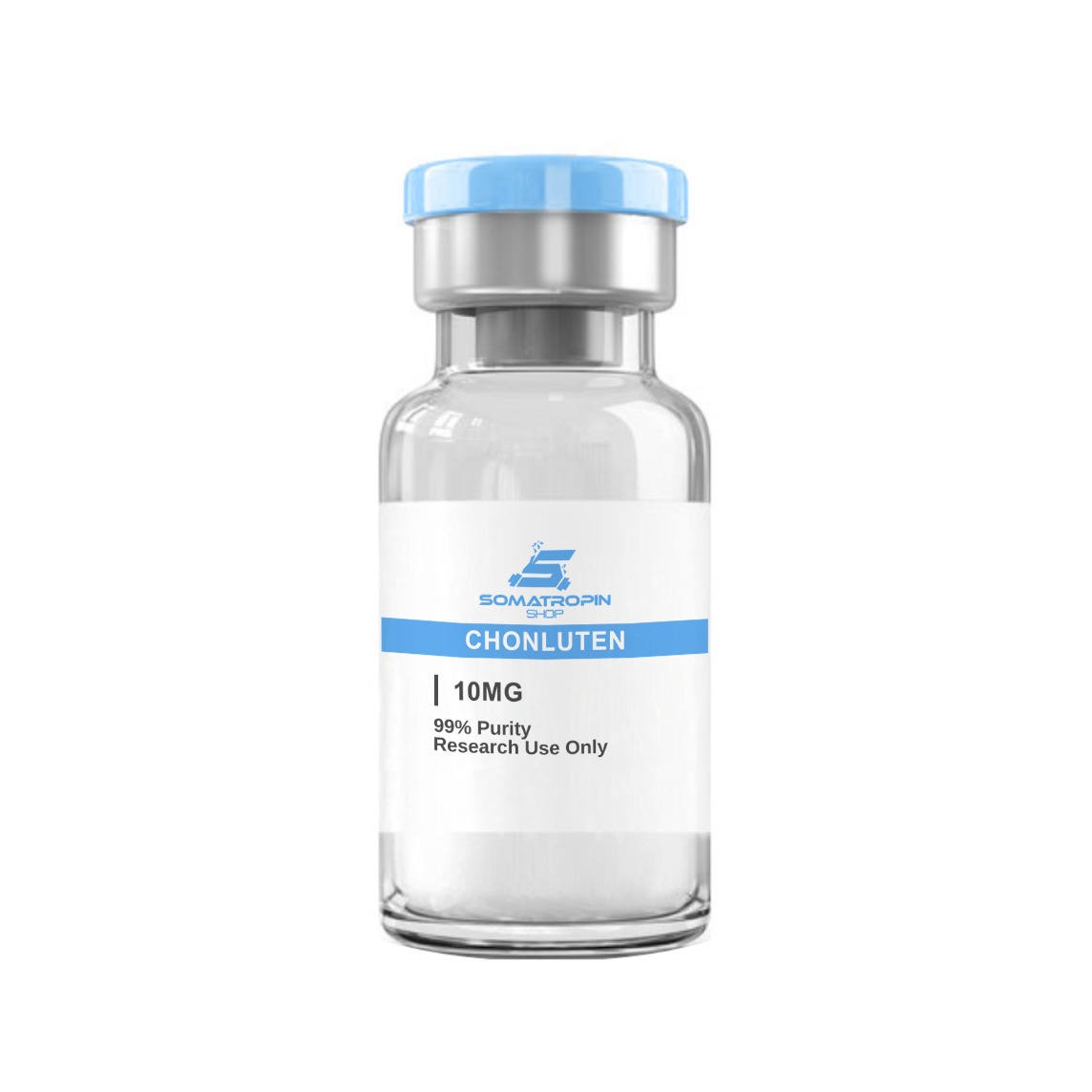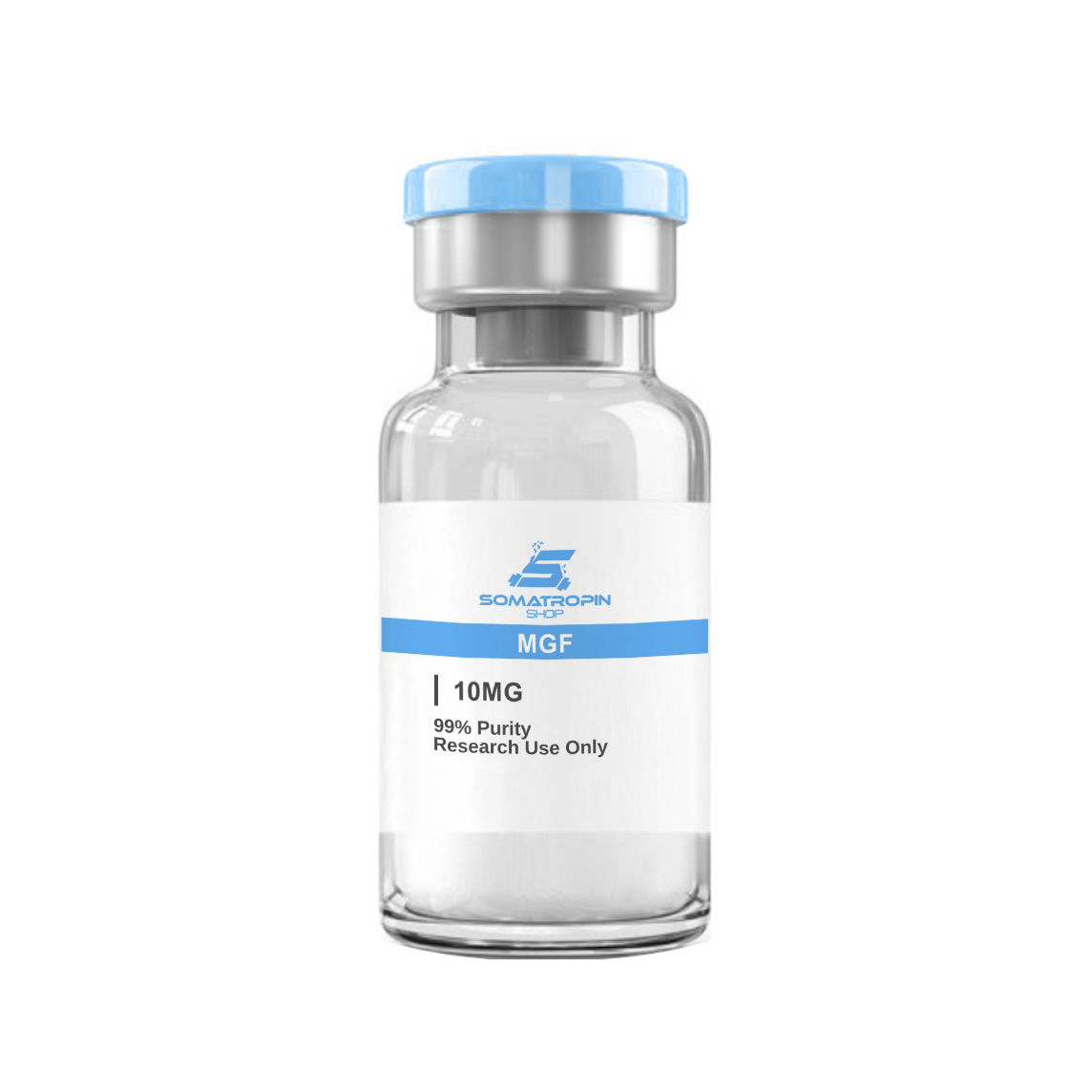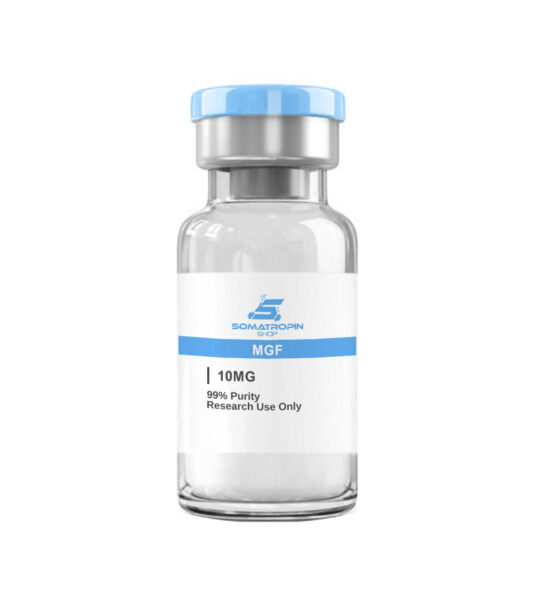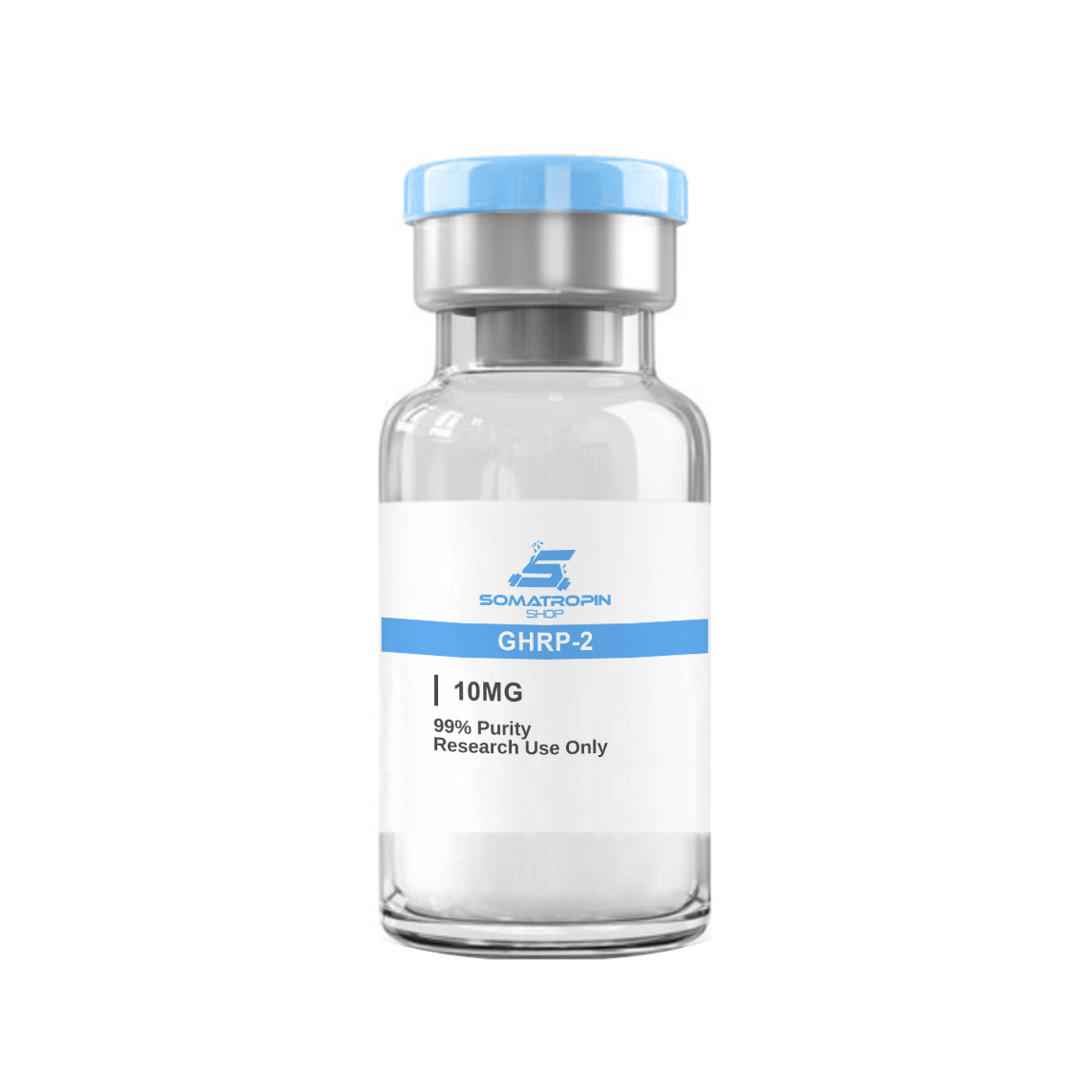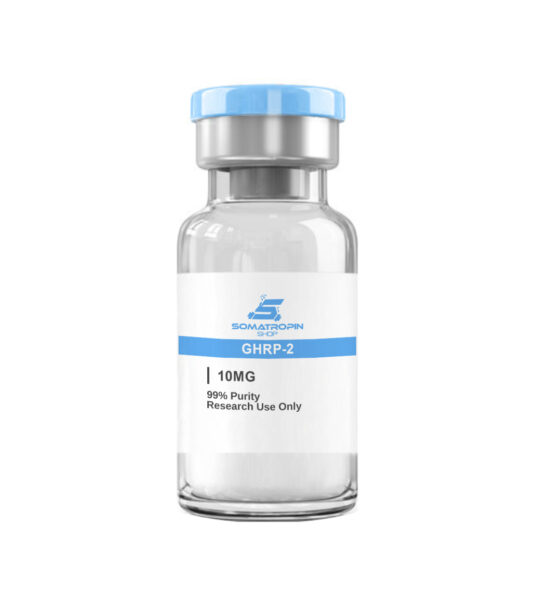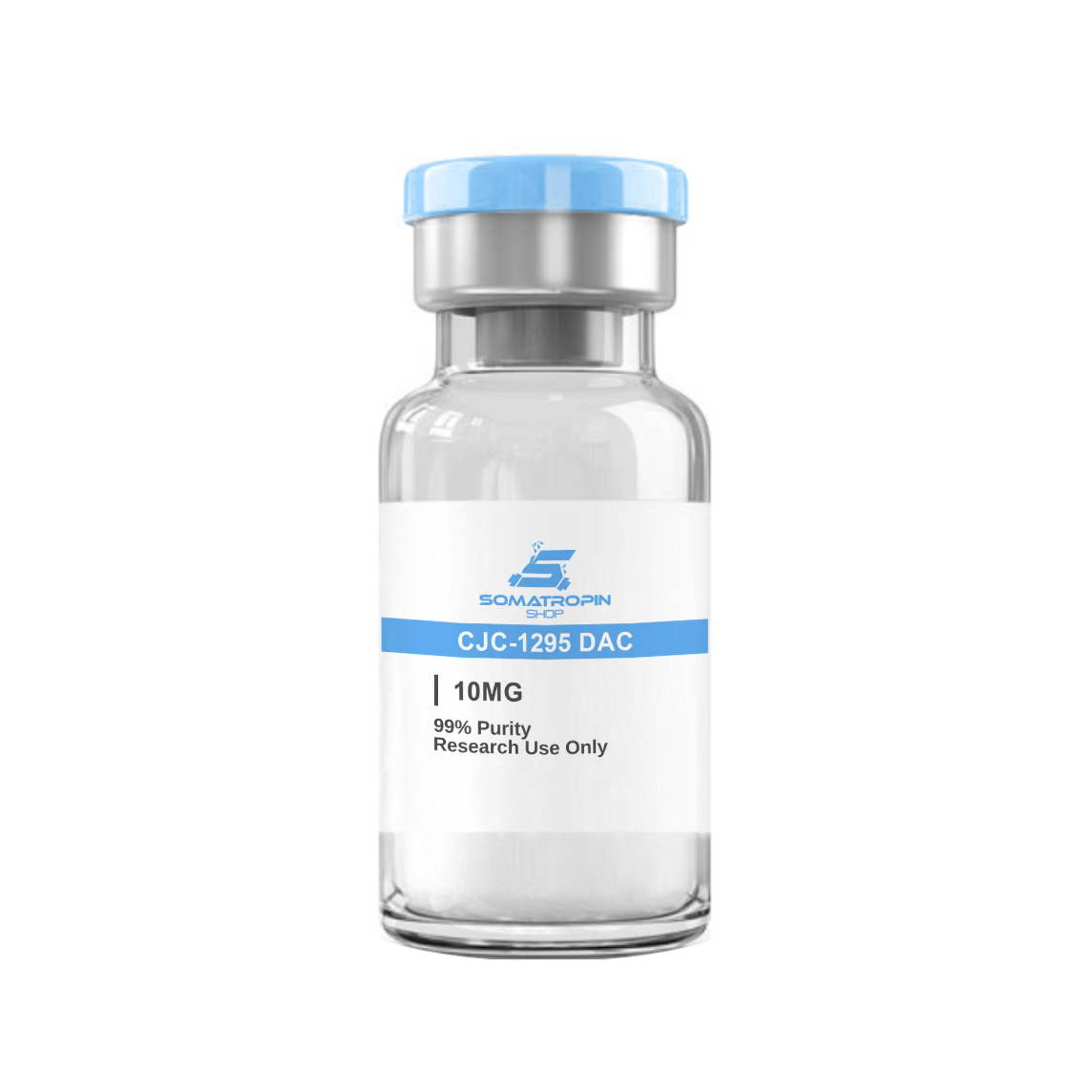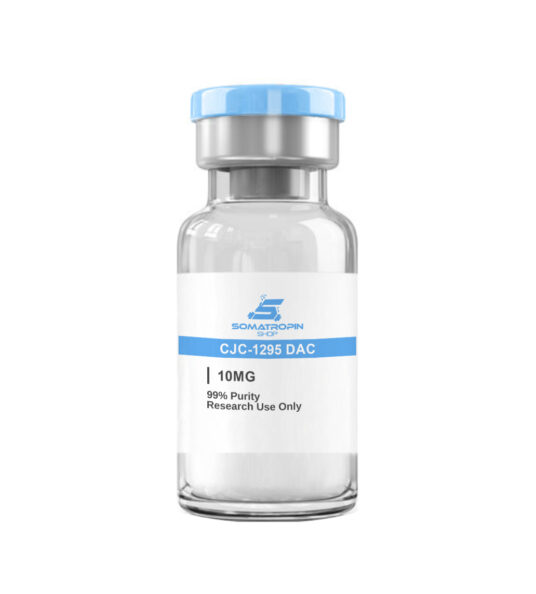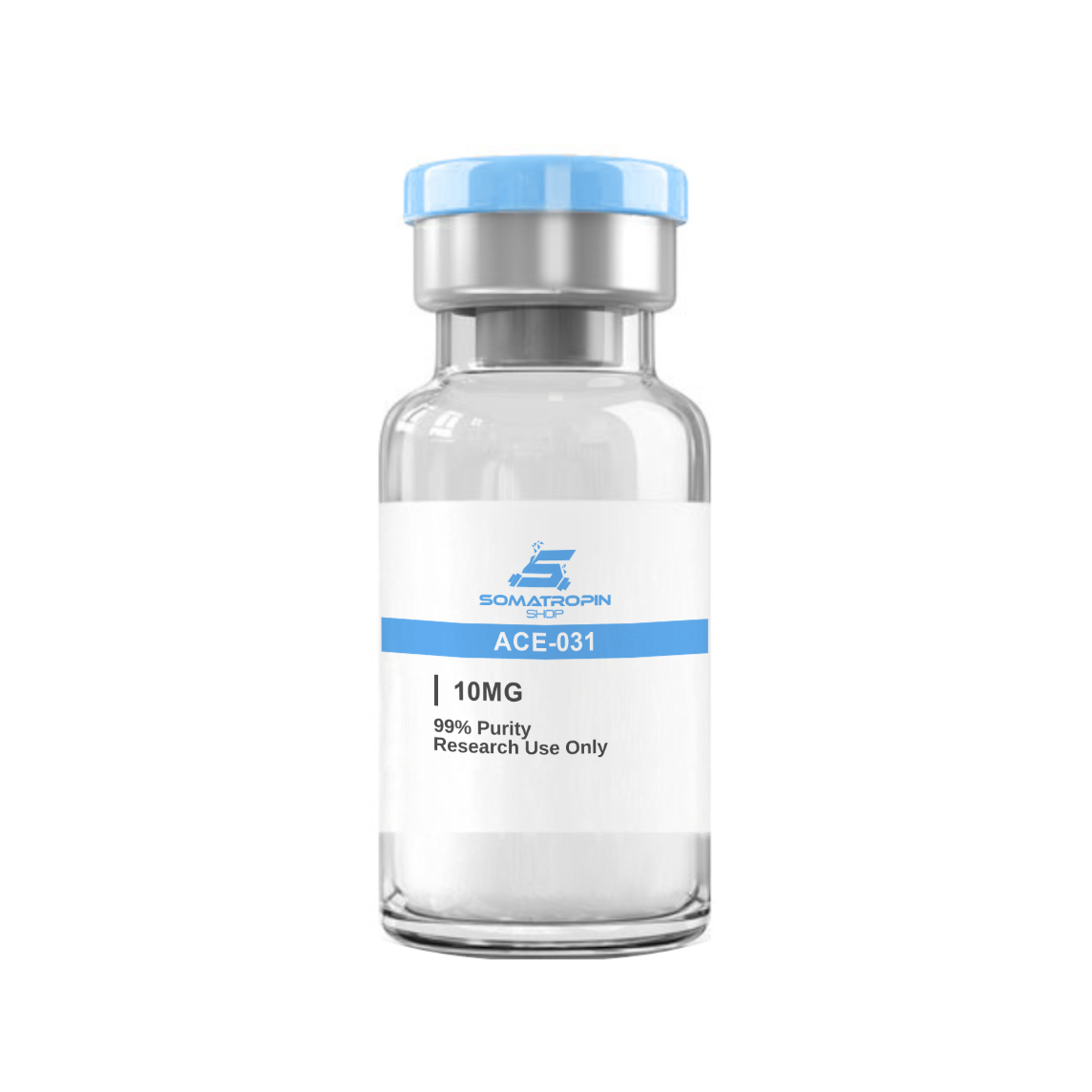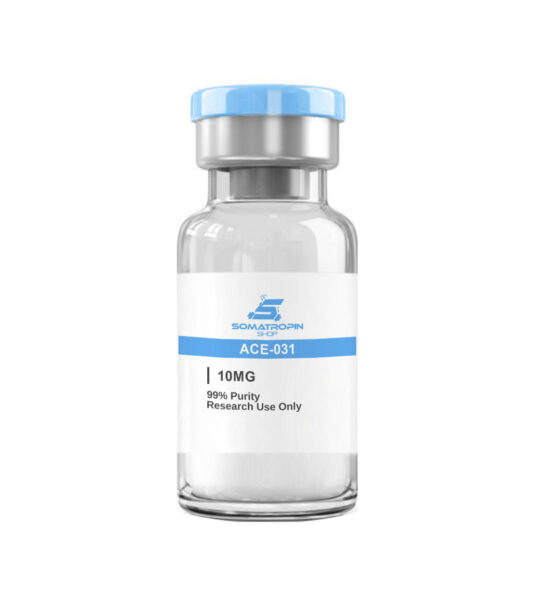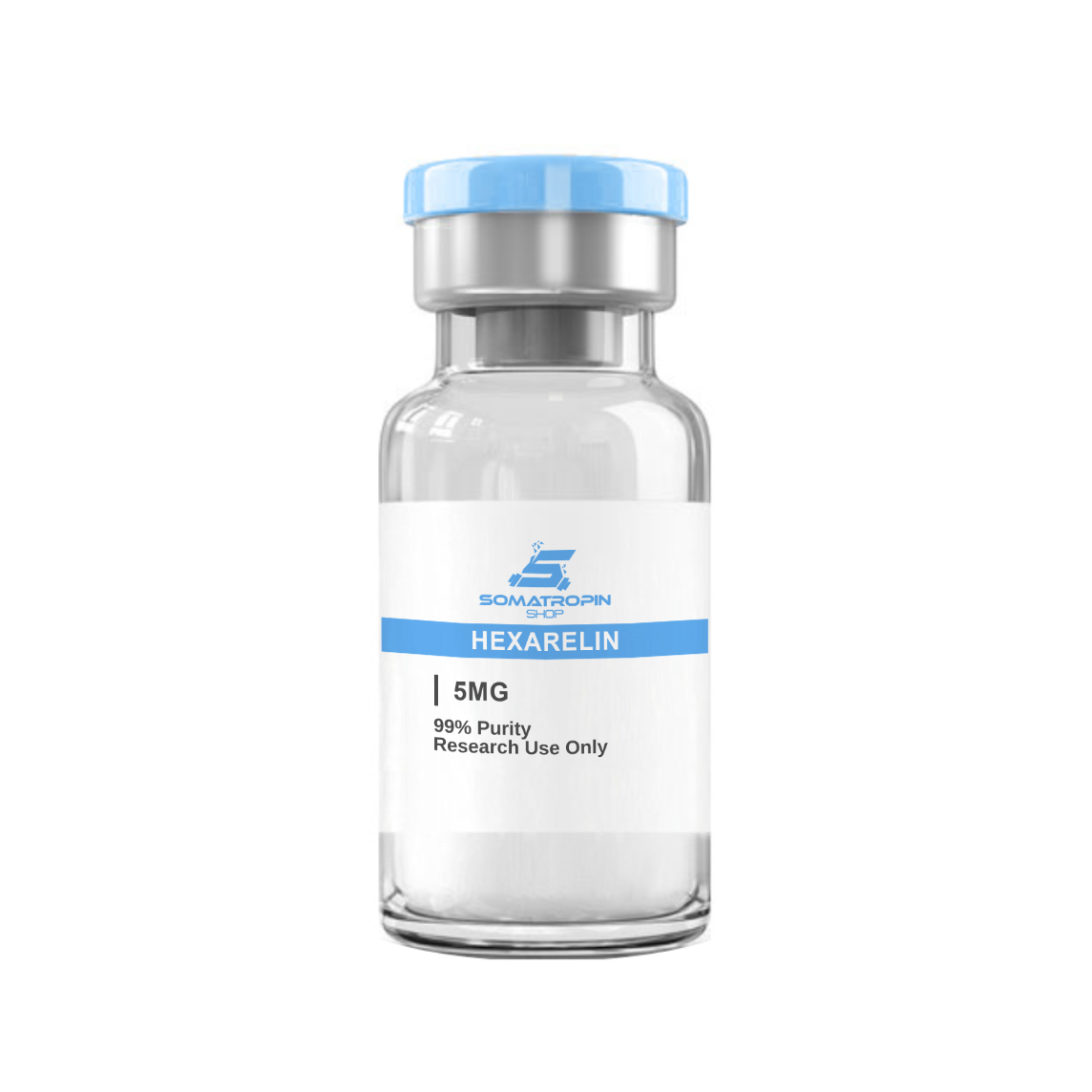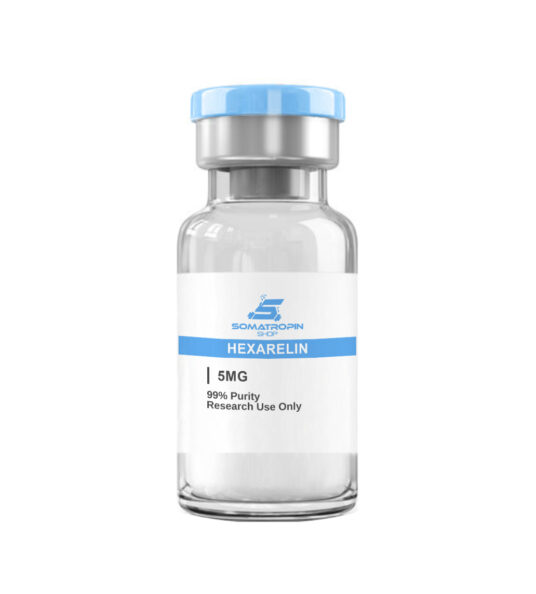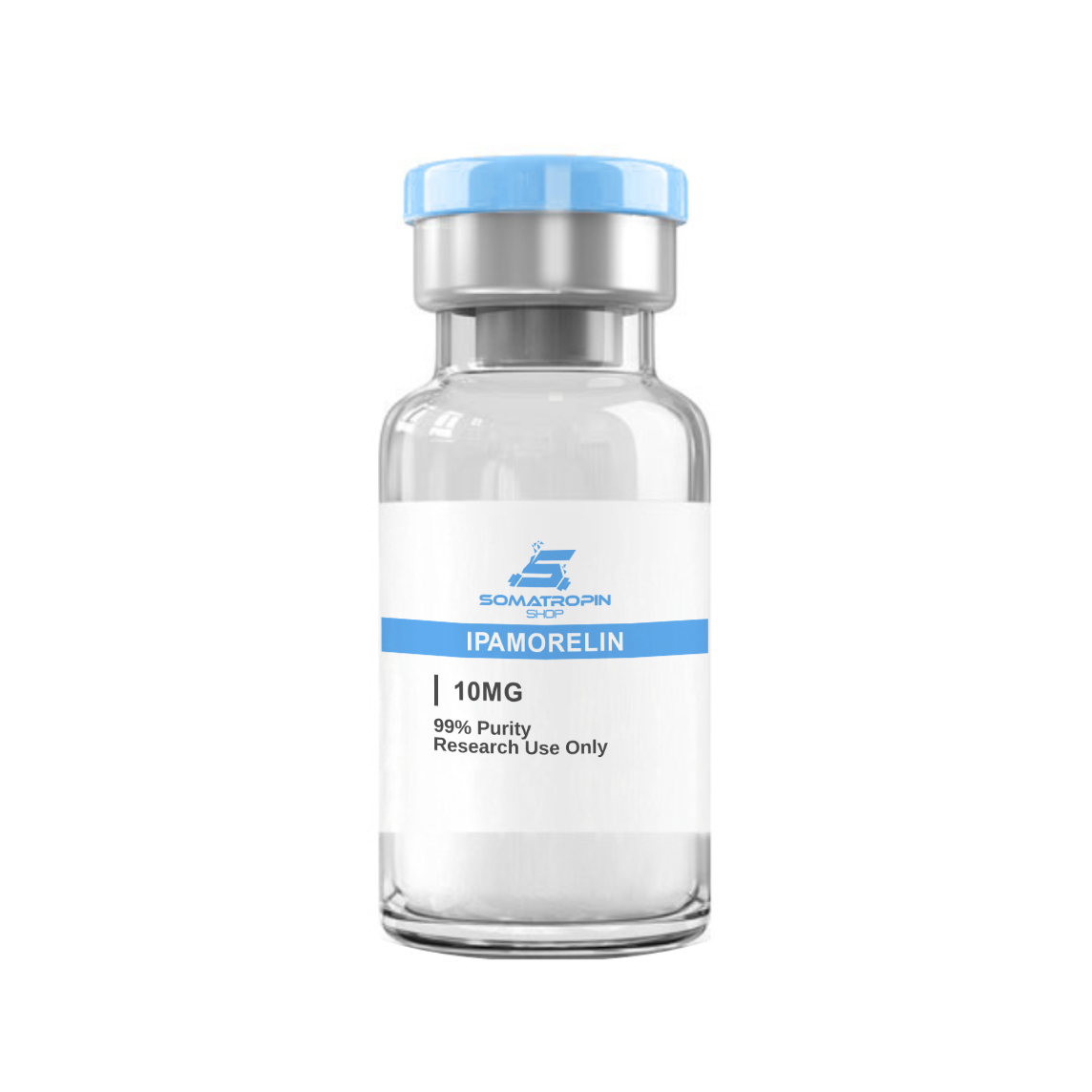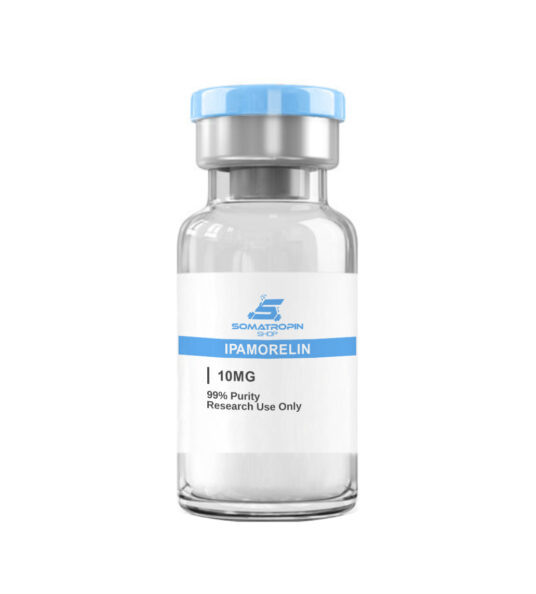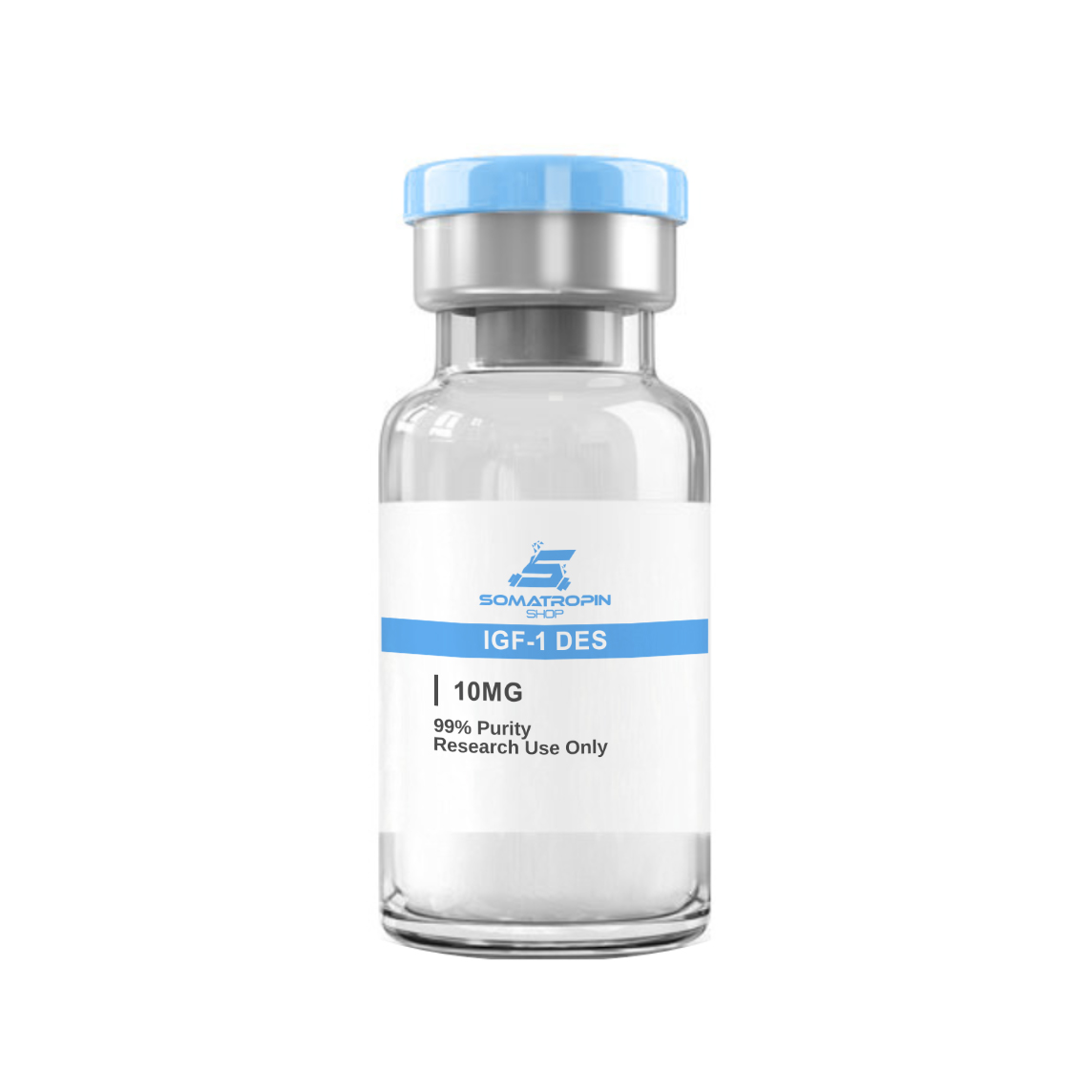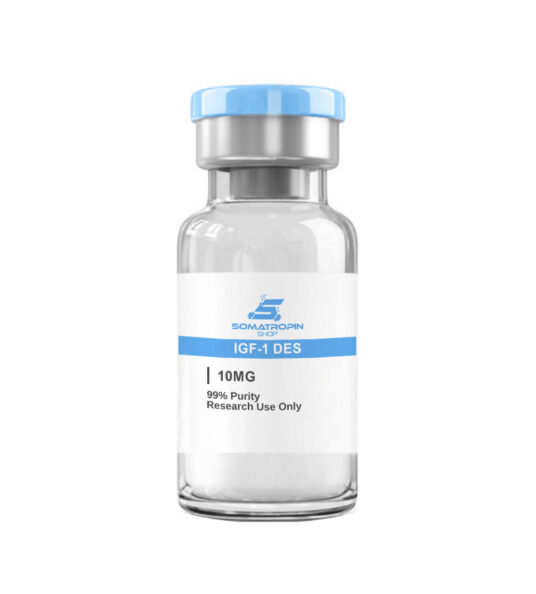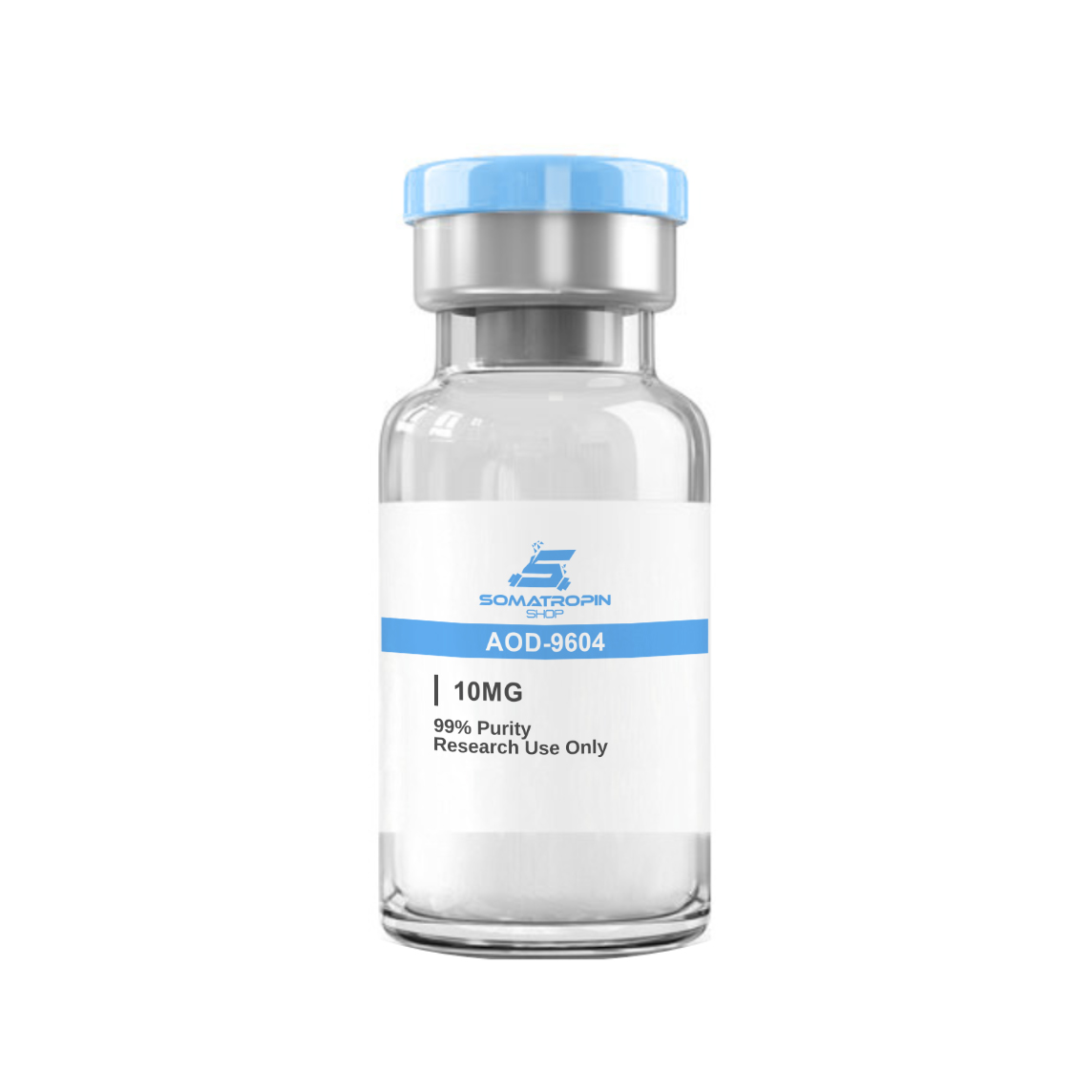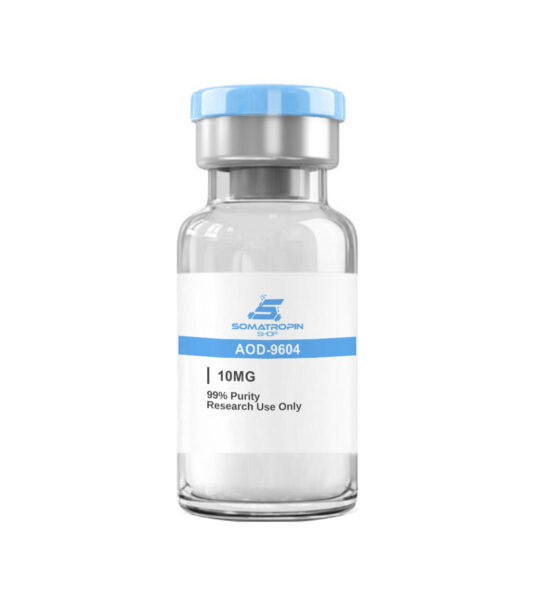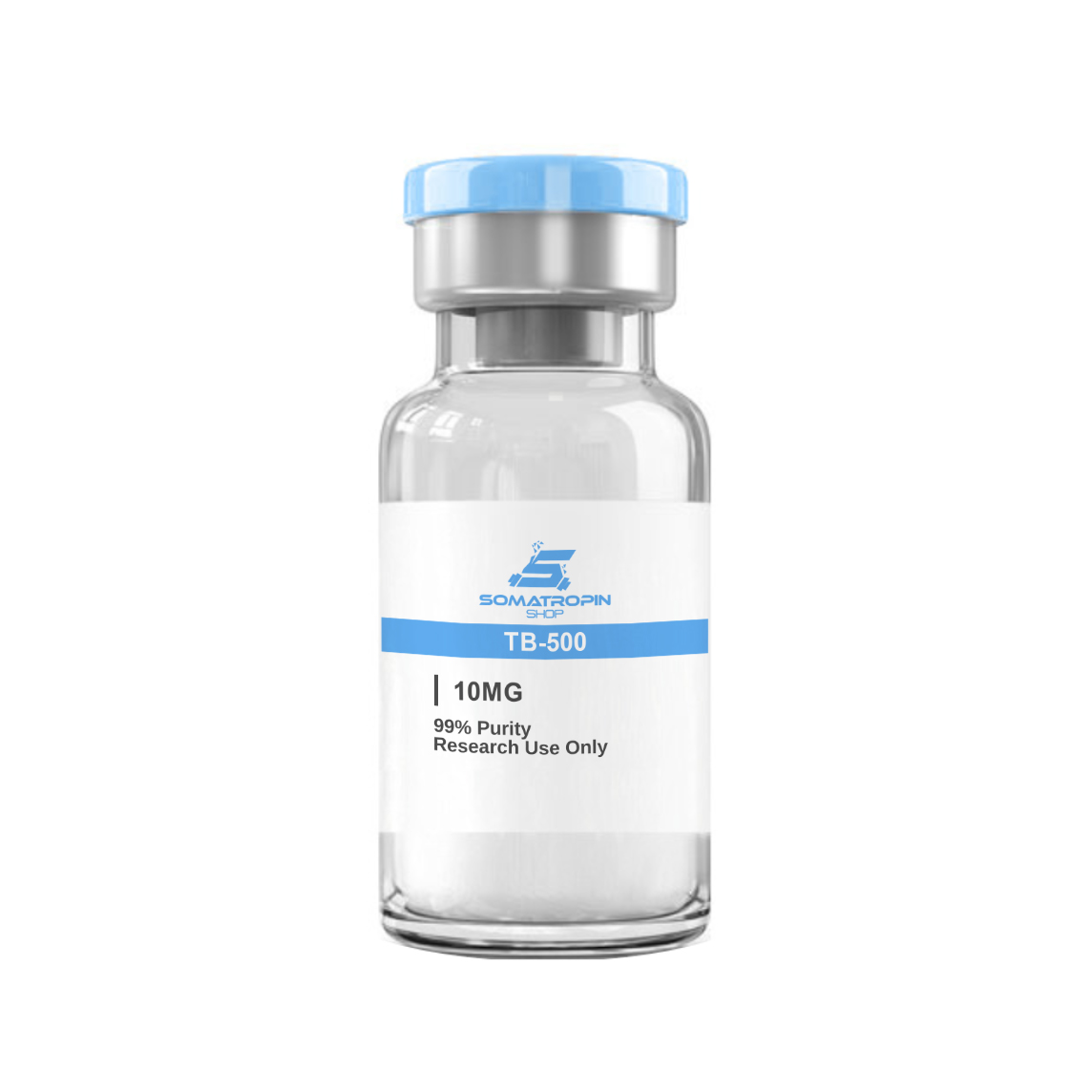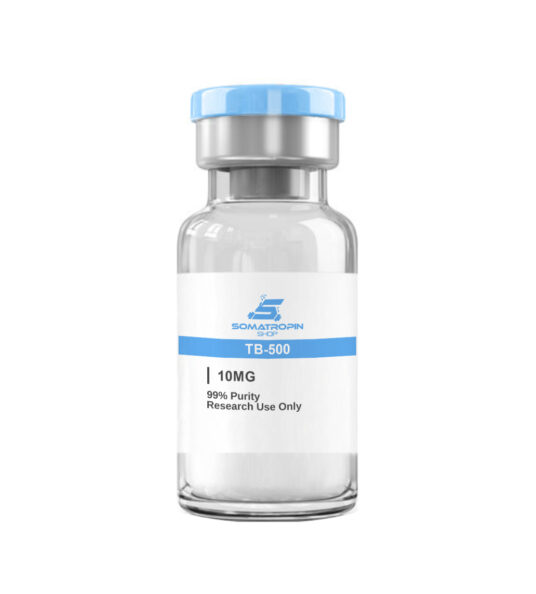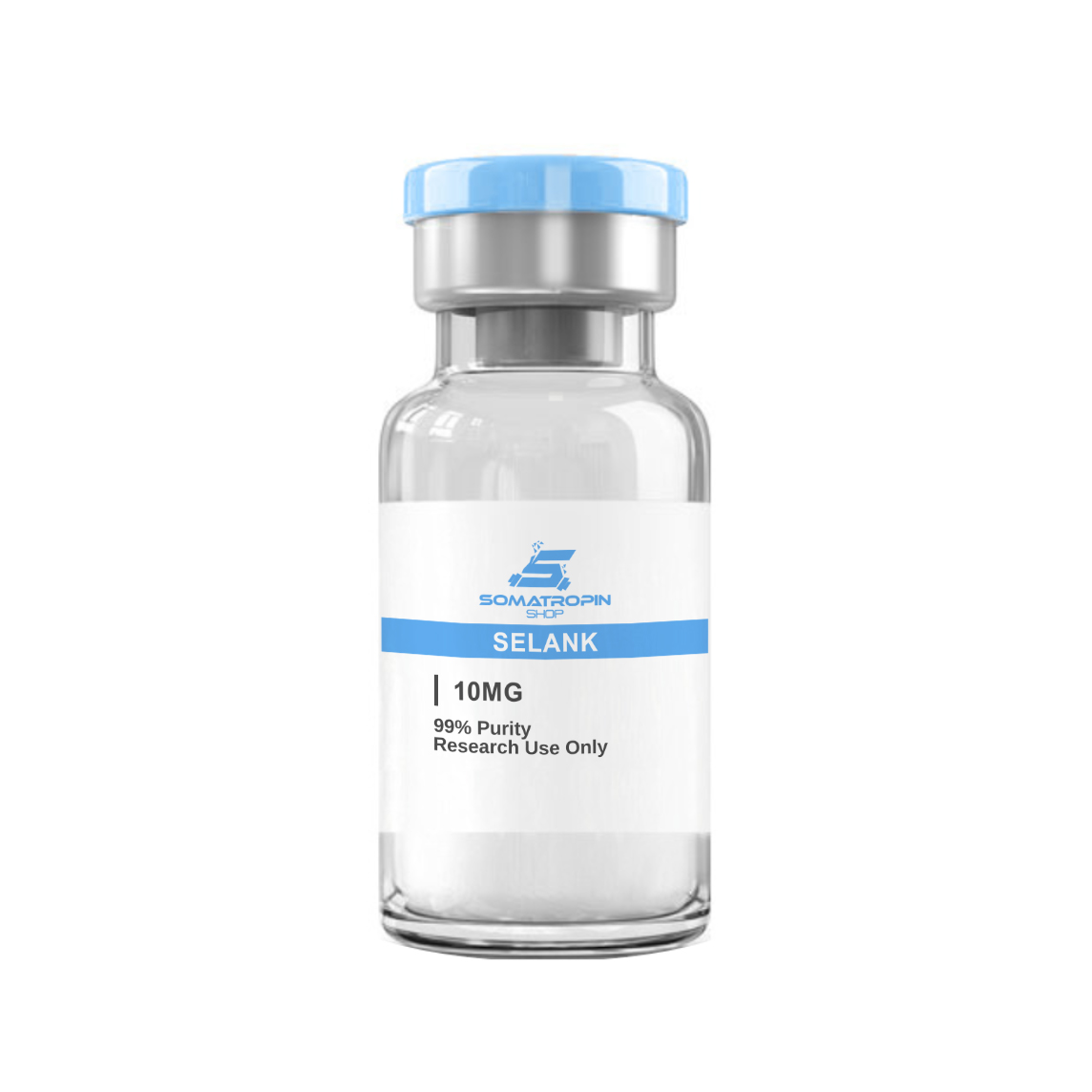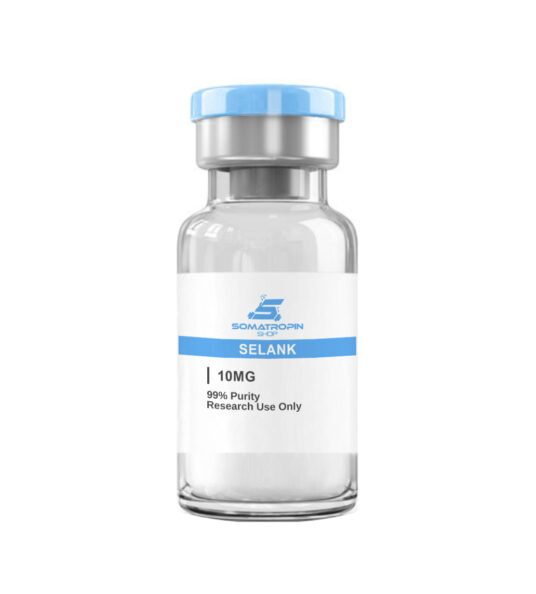Description
Chonluten is a short peptide bioregulator of gene expression. Research has shown it to be most active in lung tissue with secondary levels of activity in the GI tract. It regulates genes related to inflammation and antioxidant activity as well as genes involved in proliferation responses to inflammation. Regulation of pulmonary mucosal function by Chonluten may have important applications in chronic inflammatory diseases of the lung such as asthma and COPD.
What is Chonluten?
Chonluten, also called tripeptide T-34. Research suggests that Chonluten regulates the expression of a genes encoding antioxidant and anti-inflammatory pathways, particularly in the lungs and GI tract. This may explain why Chonluten is often used as a geroprotective agent (slowing or preventing the aging process) as well as an anti-inflammatory in the lungs where it seems to normalize mucosal function in the setting of conditions like COPD.
Structure
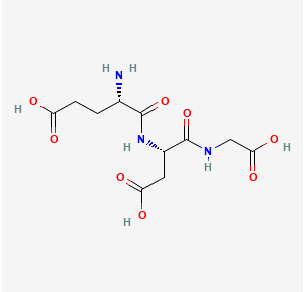
Source: PubChem
Tripeptides in Bioregulation
A number of small di-, tri-, and tetrapeptides have been shown to increase life span by as much as 40% in animal studies. They appear to do this in a number of ways, such as suppressing the development of both spontaneous and induced tumors. This fact, combined with a reduction in the rate at which age-related biomarkers decline, has led scientists to postulate that a number of tripeptides may regulate gene expression as well as cellular processes like apoptosis.
Research indicates that short peptides can regulate all aspects of gene expression, including epigenetic DNA methylation. Modeling studies have shown that a single short peptide can regulate dozens of genes by penetrating both cytoplasmic (cell) and nuclear membranes to bind directly to DNA via a simple docking method at promoter, suppressor, and other DNA control regions.
Given the extensive role that Russia has played over the decades in the isolation and development of peptides and peptide bioregulators, it should come as no surprise that the leading authority on Chonluten is Vladimir Khavinson. Dr. Khavinson is the current director of the St. Petersburg Institute of Bioregulation and Gerontology and has served on several international committees focused on geriatrics and gerontology. His works has made it clear that Chonluten and other short peptides can bind directly to DNA to produce their effects. Dr. Khavinson indicates that Chonluten is just one of many short peptides that are ushering a new way of approaching both health and disease as we age.
Chonluten and the Lungs
Chonluten appears to have tissue specific activity in the lungs, altering DNA expression in a way that normalizes mucosa in the bronchi. This inner lining of the bronchi is the barrier between the outside world that we inhale with every breath and the inner workings of our cardiovascular system and, ultimately, our entire body. It can be altered via different inflammatory conditions, such as asthma or COPD, in ways that lead to changes in mucus production, extracellular matrix structure, and more. Smoker’s cough, for instance, is an inflammatory condition that leads to chronic irritation of the mucosal lining and subsequent chronic cough, phlegm production, and more.
Chonluten’s effects appear to be mediated through several genes include c-Fos, heath shock protein gene HSP70, SOD, COX-2, TNF-alpha, and genes within the antioxidant system. Regulation of most of these genes has obvious anti-inflammatory effects. Of particular interest, however, is c-FOS. The c-FOS protein is a potent general regulator of cell proliferation, differentiation, and survival. It is activated in response to cellular damage and hypoxia. While its effects at a local level can be useful, such as the growth of new blood vessels and the proliferation of cells following injury, widespread expression can lead to thickened bronchial mucosa and even the development of cancer. The ability to regulate c-FOX activity offers the ability to strike one of the underlying pathophysiological changes seen in asthma and COPD.
Chonluten and COVID-19
A peptide with active anti-inflammatory effects is of obvious interest to scientists during the global covid-19 pandemic. Research shows that Chonluten and its similar cousin Bronchogen are effective for the treatment of bronchopulmonary pathology. Chonluten appears to improve the effectiveness of standard therapy in the setting of chronic bronchitis with an asthmatic component and has stress-protective effects. Both of these features, combined with the fact that Chonluten improves physical performance and organism function state in the setting of low oxygen, might make this tripeptide a useful adjuvant in a multi-component cocktail for fighting covid-19.
Chonluten and the GI Tract
The effects of chonluten in the GI tract are similar, if muted, to its effects in the lungs. Research suggests that it may be useful in reducing inflammation and vascular changes in the GI tract that result from inflammatory diseases like Crohn’s disease and ulcerative colitis. Research on this aspect of Chonluten is ongoing.
Chonluten Summary
Chonluten is a short peptide regulator of gene expression. It appears to be most active in lung tissue with secondary levels of activity in the GI tract. It regulates genes related to inflammation and antioxidant activity as well as genes involved in proliferation responses to inflammation. Regulation of pulmonary mucosal function by Chonluten may have important applications in chronic inflammatory diseases of the lung such as asthma.
